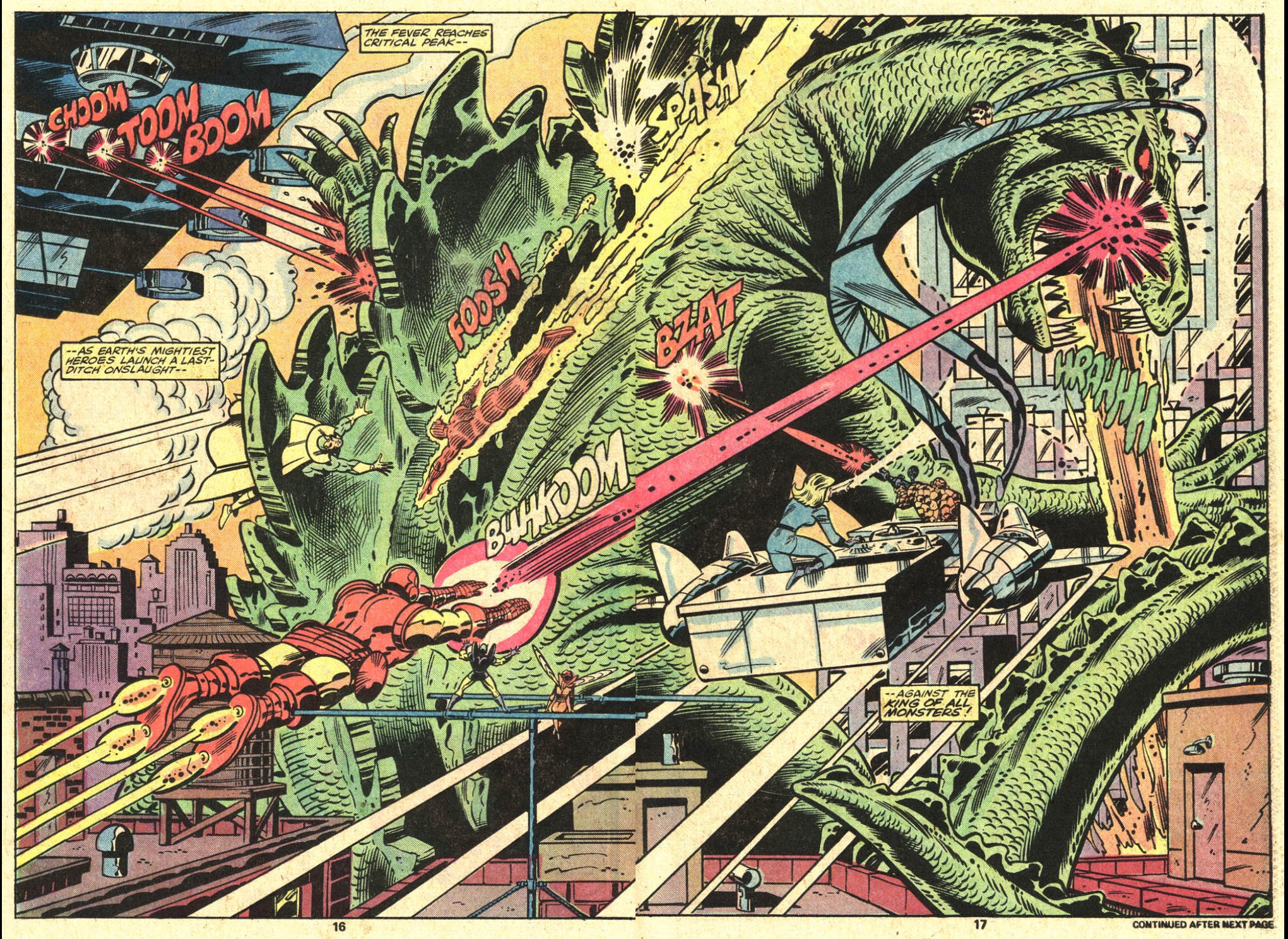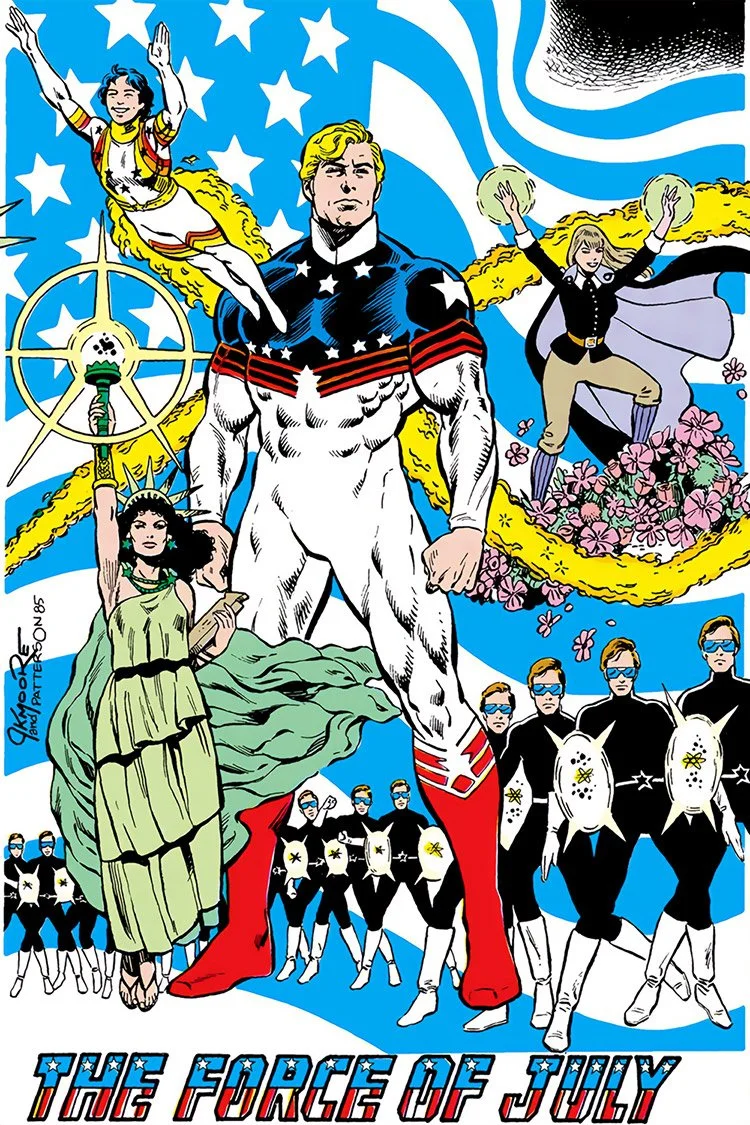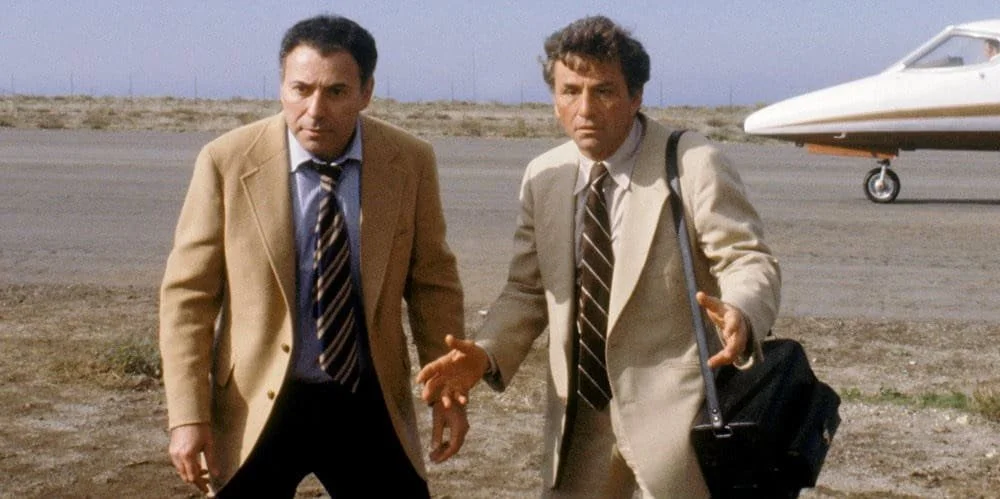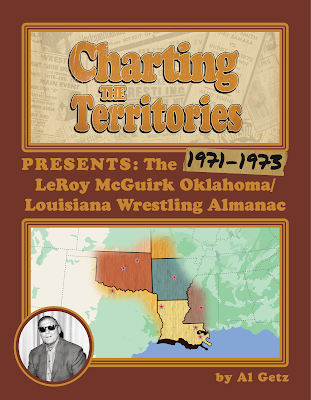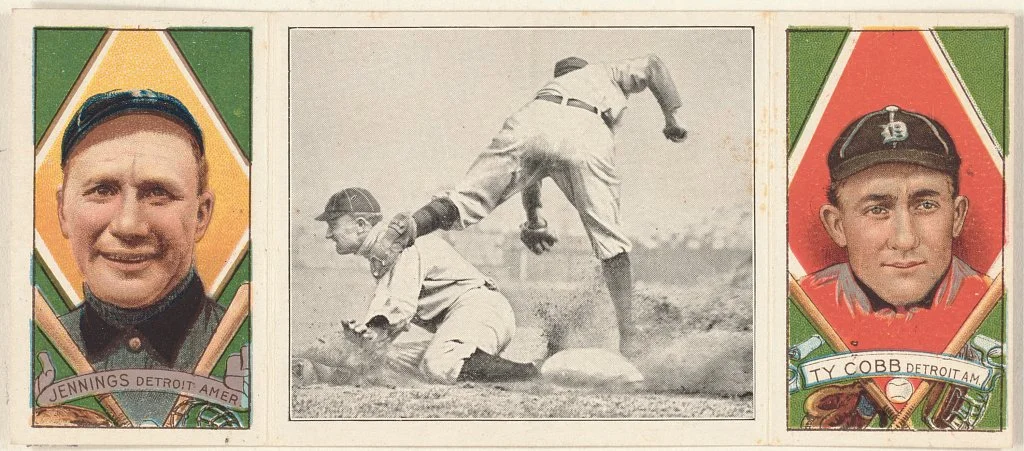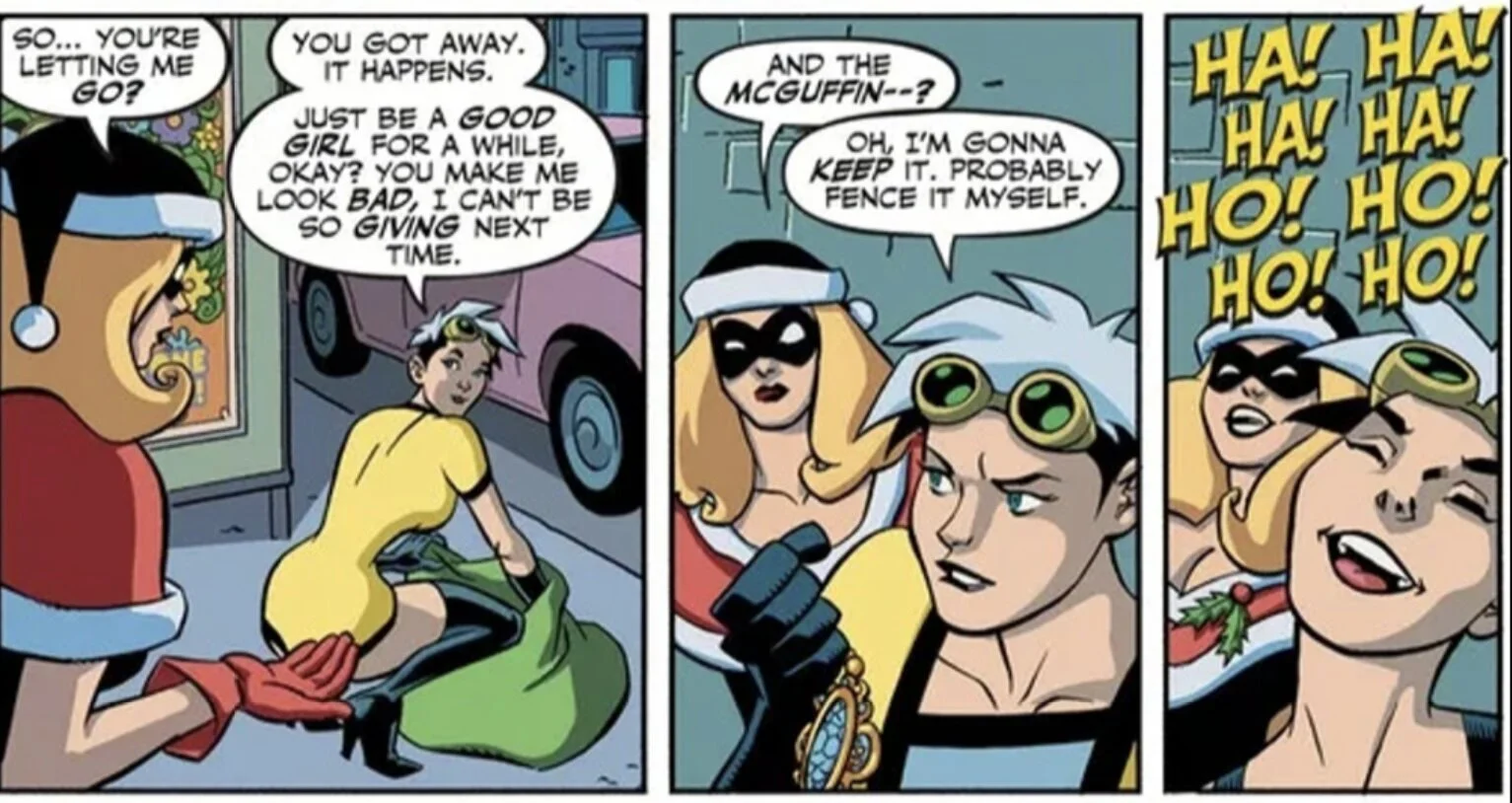Episode 130 - Some Jackets Required
Don Fargo and his new Fabulous Fargos (Ken Timbs and Pat Rose) with host Christopher Love (Bert Prentice) from a 1987 episode of World Organization Wrestling
We’re happy to welcome back Al Getz (@AlGetzWrestling) to discuss the latest edition of his Charting the Territories books, this one covering 1971-1973 Gulf Coast Wrestling. We talk about the main players in the territory at this time, including Cowboy Bob Kelly, Bobby Shane, Don Fargo and Rip Tyler, as well as future stars like Kevin Sullivan, Steve Keirn, Ron Bass and Greg Valentine, wrestling as Don’s brother Johnny Fargo. We talk about the towns the promotion ran and some of the interesting ways they crowned champions there (not with belts or trophies).
Then, as we did recently with Beau James, we talk about the travails of being a wrestling historian, covering a business that’s built on a lie. How hard is it to get “accurate” data on things like shows, box office and the like? And Al talk us through his methodology, both online and boots on the ground research.
We chat about Al being inducted into the Tragos/Thesz Pro Wrestling Hall of Fame in Waterloo, Iowa, getting the James C. Melby Historian Award.
The show ends with some quick baseball chat, with the season just a week old and Al’s Atlanta Braves being the only National League East team with a winning record. He also tells us about his first road trip of the year and dealing with weather issues with early spring baseball in the Midwest.
And the next episode of the Charting the Territories will look at Dick the Bruiser’s WWA in Indianapolis coming next week.



